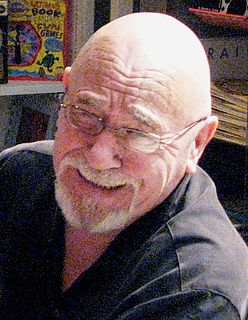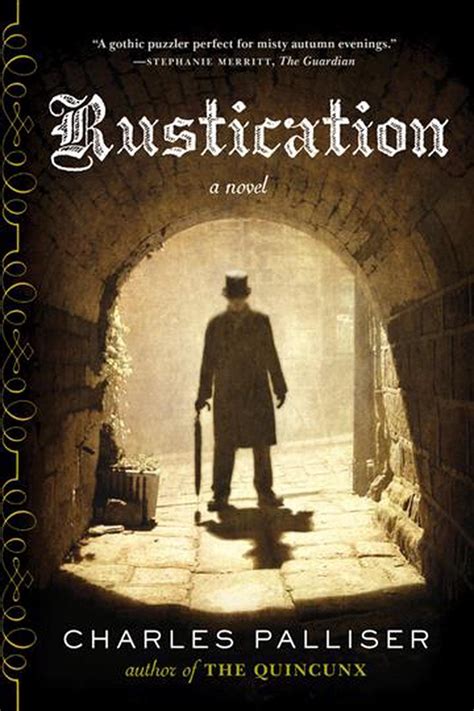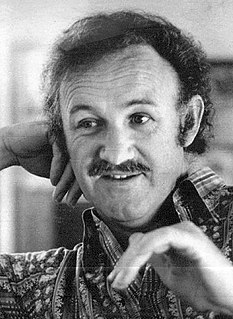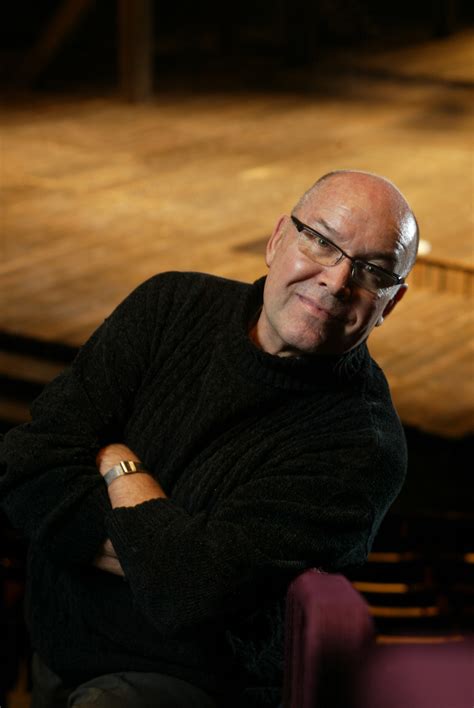Ein Zitat von Mary Kay Andrews
Ich hatte nie darüber nachgedacht, einen Roman zu schreiben. Aber ich hatte zwei kleine Kinder und mir wurde klar, dass ich zu Hause arbeiten könnte, wenn ich einen Roman schreiben könnte.
Verwandte Zitate
Als ich anfing, Kurzgeschichten zu schreiben, dachte ich, ich würde einen Roman schreiben. Ich hatte ungefähr 60 oder 70 Seiten. Und mir wurde klar, dass ich keinen inneren Monolog schreibe. Ich möchte nicht darüber sprechen, was jemand denkt oder fühlt. Ich wollte versuchen, es auf interessante Weise zu zeigen. Und so wurde mir klar, dass ich in Wirklichkeit ein Drehbuch schrieb.
Ich habe über einen Vogel geschrieben, der einem Krokodil die Zähne putzte. Die Geschichte war so gut, dass mein Lehrer nicht glauben konnte, dass ein Zehnjähriger so gut schreiben konnte. Ich wurde sogar bestraft, weil mein Lehrer dachte, ich hätte beim Schreiben gelogen! Ich habe schon immer gerne geschrieben, aber dann wurde mir klar, dass ich ein Talent dafür habe.
Erst nach zwei Jahren Arbeit wurde mir klar, dass ich Schriftstellerin sein würde. Ich hatte keine besondere Erwartung, dass der Roman jemals veröffentlicht würde, denn es war ein ziemliches Durcheinander. Erst als ich dabei ertappte, dass ich Dinge schrieb, von denen ich nicht wusste, dass ich es wusste, sagte ich: „Jetzt bin ich Schriftsteller.“ Der Roman war zu einem Anreiz für tieferes Nachdenken geworden. Genau das ist Schreiben – eine intensive Form des Denkens.
Die DNA des Romans – und wenn ich anfange, Sachbücher zu schreiben, werde ich darüber schreiben – ist: Der Titel des Romans ist der ganze Roman. Die erste Zeile des Romans ist der ganze Roman. Der Standpunkt ist der ganze Roman. Jede Nebenhandlung ist der ganze Roman. Die Zeitform des Verbs ist der ganze Roman.
Im Fall meines zweiten Films „The Fish Child“ (El Niño Pez) hatte ich den Roman etwa fünf Jahre vor der Verfilmung geschrieben. Im Fall von „The German Doctor“ hatte ich den Roman ein Jahr vor Beginn des Drehbuchschreibens veröffentlicht und hatte sogar noch ein anderes Projekt zu drehen. Aber ich hatte eine Vorstellung von der kraftvollen Filmsprache des Romans, die ich nicht loslassen konnte.
Ich schreibe Gedichte über Beziehungen, Liebesbeziehungen, und das schaffe ich nicht ständig. Ich könnte zwei Jahre ohne Gedichte auskommen und dann ein Dutzend schreiben. An einem Roman zu arbeiten und das komplizierte Rätsel aus Charakter und Handlung zu lösen, ist für die Zeit, in der es keine Poesie gibt, befriedigend.
Vor vielen Jahren hatte ich zwei kleine Kinder und wollte zu Hause sein, wenn sie von der Schule nach Hause kamen. Und mir gefiel die Richtung, in die der Journalismus ging, nicht. Ich dachte, wenn ich Bücher schreiben könnte, könnte ich zu Hause arbeiten und das Beste aus beiden Welten genießen. Ich habe meinen ersten Krimi geschrieben, während ich noch Vollzeit gearbeitet habe, und er hat sich nicht verkauft, aber der nächste hat sich verkauft, also habe ich meinen Job gekündigt, um mich der Welt der Belletristik zu widmen. Beängstigend, aber ich habe es keinen einzigen Tag bereut.





































